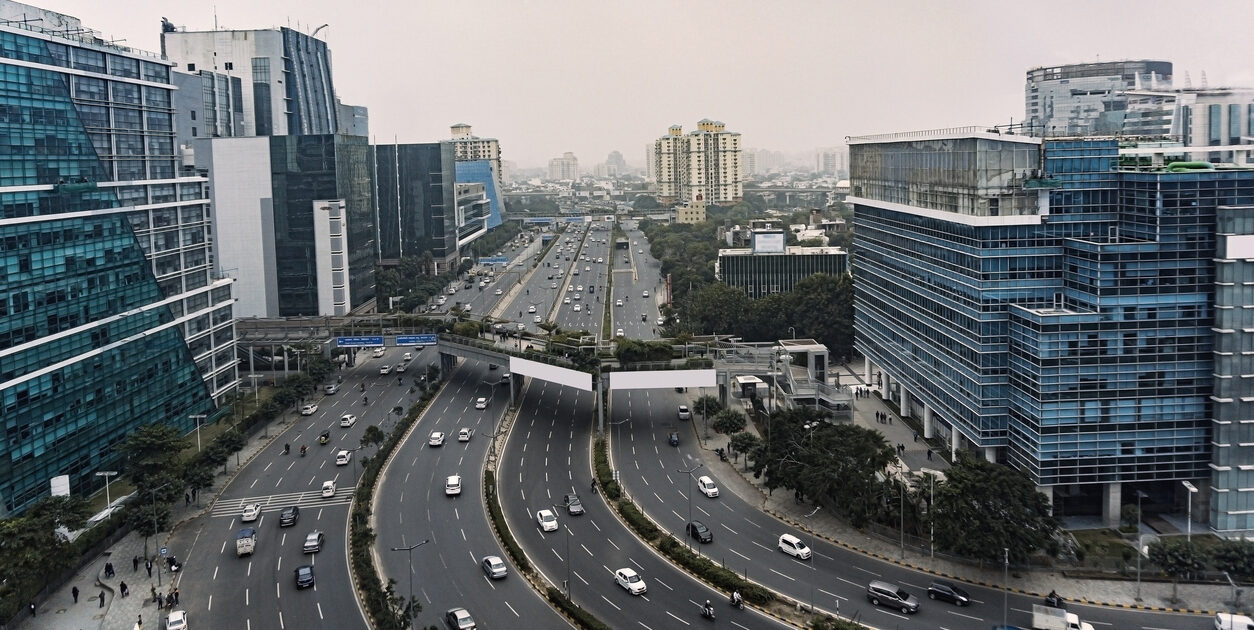India’s Central Government Committed to Supporting States in Building GCCs
The Indian government is committed to partnering with states to create a conducive environment for multinational corporations to set up their global capability centres (GCCs) in the country, Finance Minister Nirmala Sitharaman said on Wednesday. Speaking at the Confederation of Indian Industry (CII)’s GCC business summit in Andhra Pradesh, Sitharaman emphasised the need for aligned policies and infrastructure development in smaller cities to compete with metros.
Sitharaman highlighted the importance of GCCs, which are captive offshore units set up by multinational corporations to handle key business functions, including technology development, for their global operations. “GCCs have acquired an Indian flavour and the sector’s growth has been consistent with expectations,” she said.
The minister stressed the need for building infrastructure ecosystems that allow smaller cities to attract global talent and corporate reinvestment and facilitate high-value innovation and service delivery. “These steps will help make these cities credible alternatives to the metros,” she said. Sitharaman also highlighted the government’s efforts to increase capital expenditure for building infrastructure and reducing bottlenecks.
The government’s capital investment has increased from 1.7% of GDP in FY14 to 3.2% in FY25, with effective capital expenditure at 4.1% of GDP. Sitharaman said, “Over the last 11 years, 88 airports have been operationalised, 31,000 km of new rail tracks laid, metro networks expanded over fourfold, port capacity doubled and the national highway network has extended by 60%.”
Andhra Pradesh Chief Minister N. Chandrababu Naidu, who was present on the occasion, spoke about making Andhra Pradesh a global hub for knowledge-driven growth. Naidu has set a target to make Andhra Pradesh a US$2.4 trillion economy by 2047, supported by initiatives in infrastructure, technology, and sustainability.
Sitharaman emphasised the importance of collaboration between the Centre, states, industry associations like CII and global companies to ensure India’s GCC growth is both broad-based and future-ready. “By working together, we can consolidate India’s leadership in the sector and create new opportunities for innovation, job creation, and inclusive regional development,” she said.


















